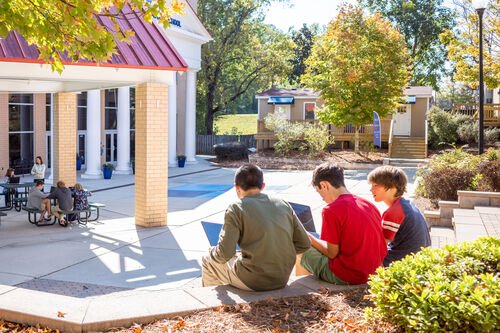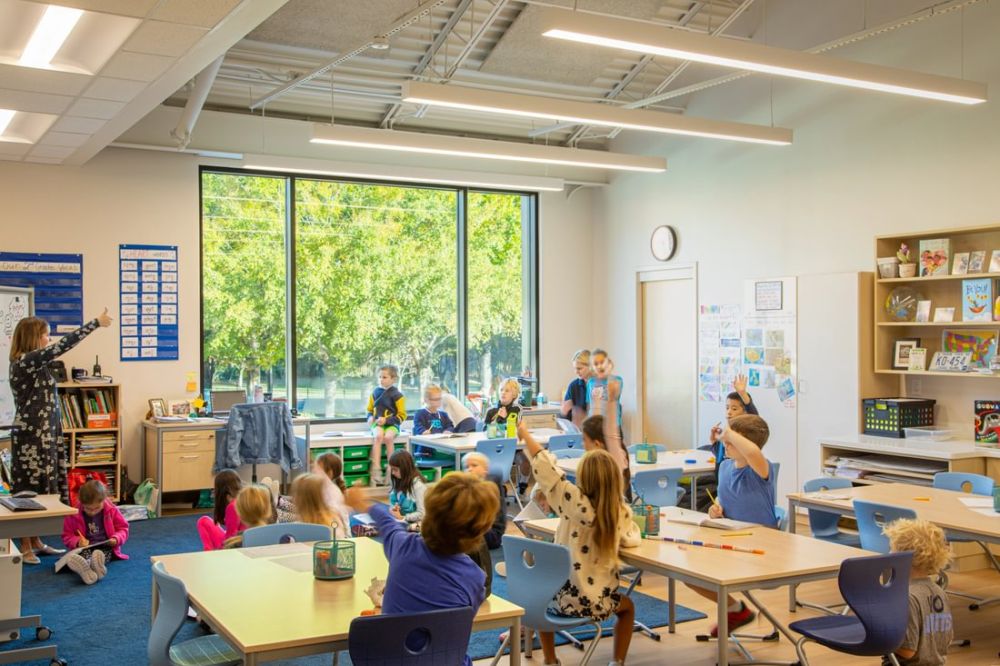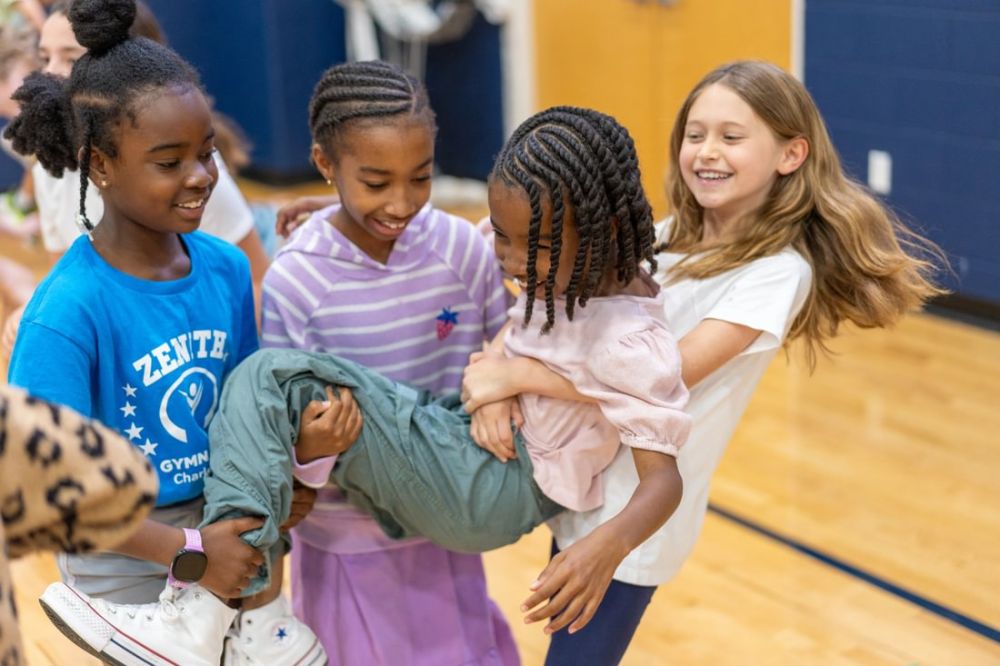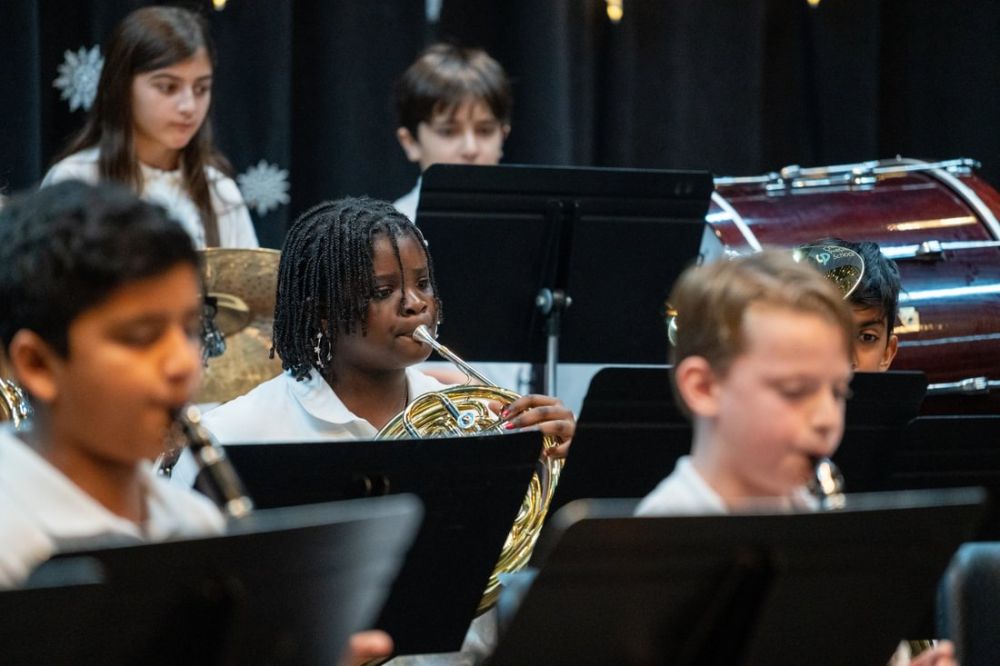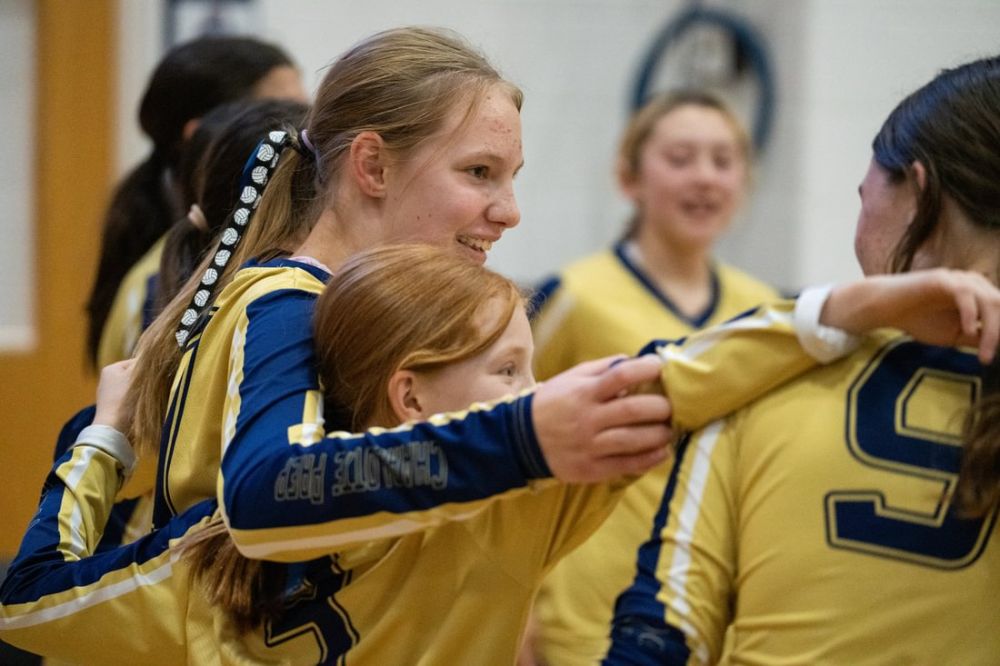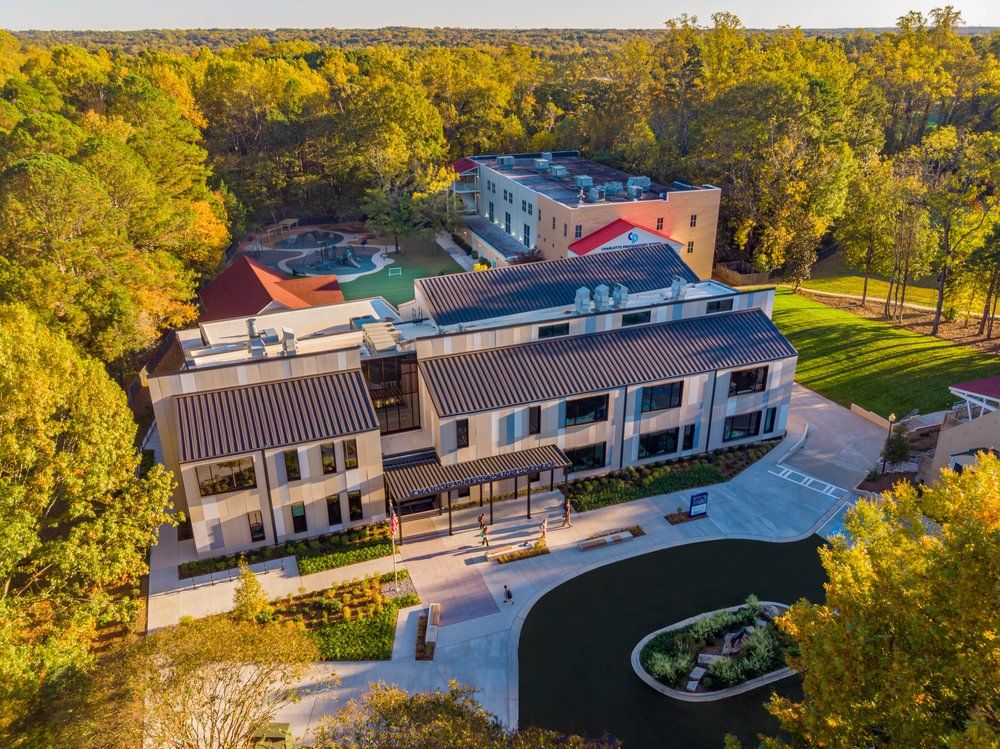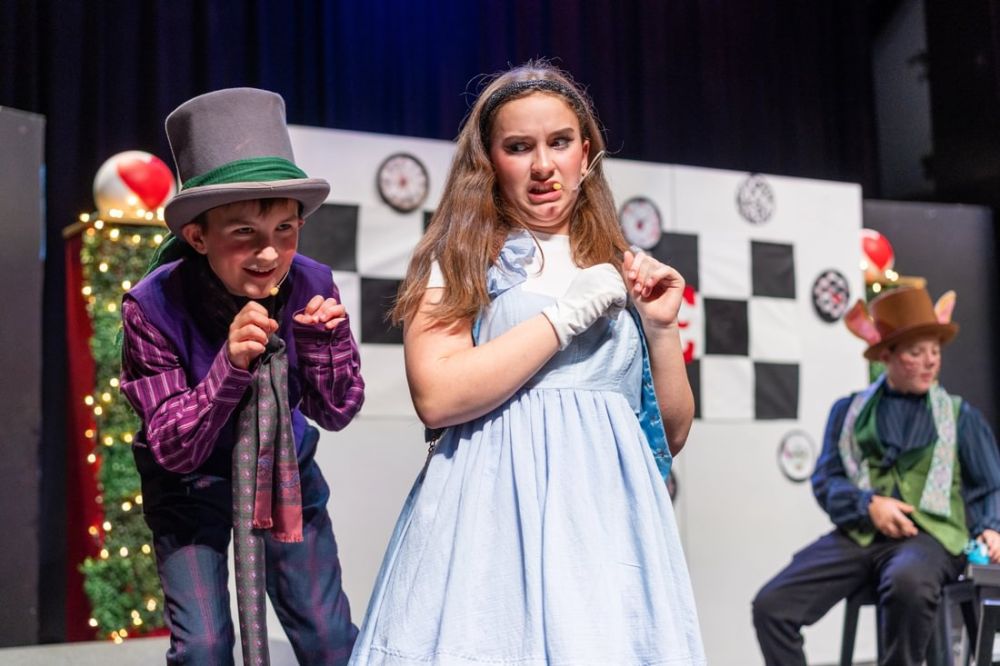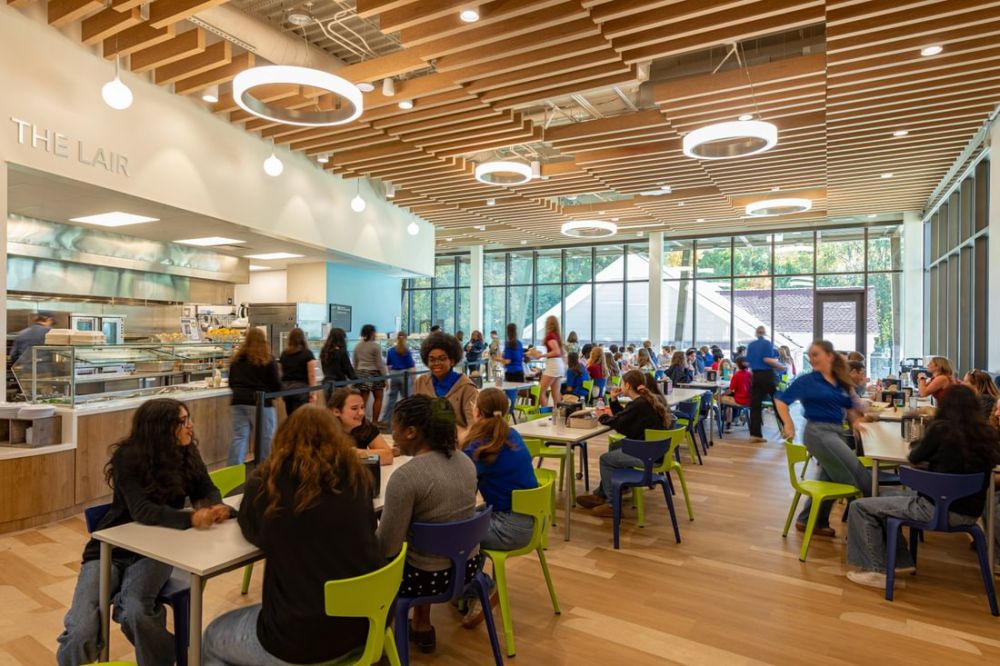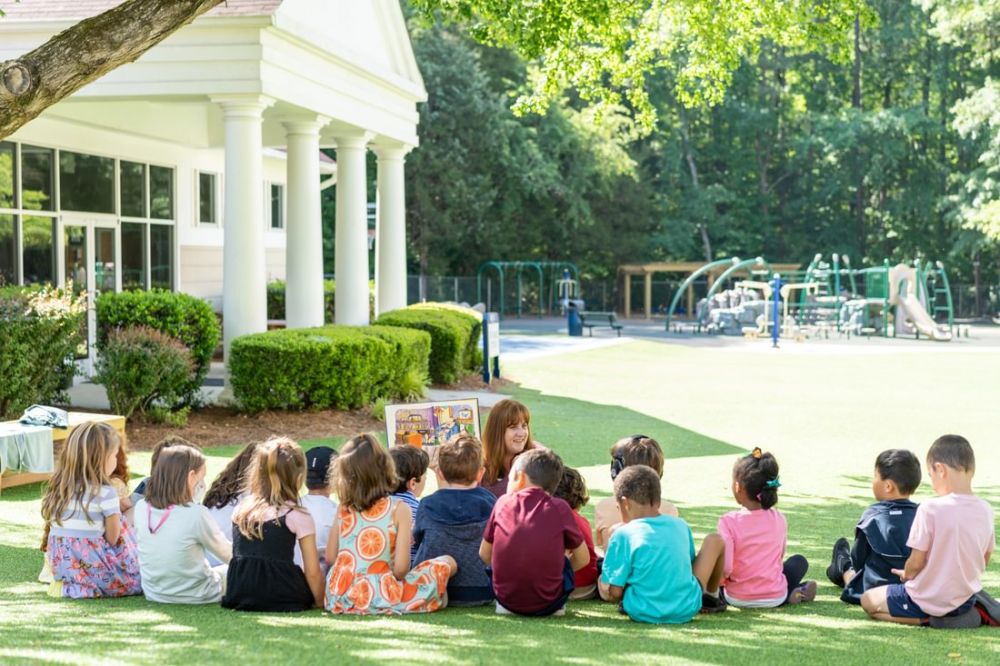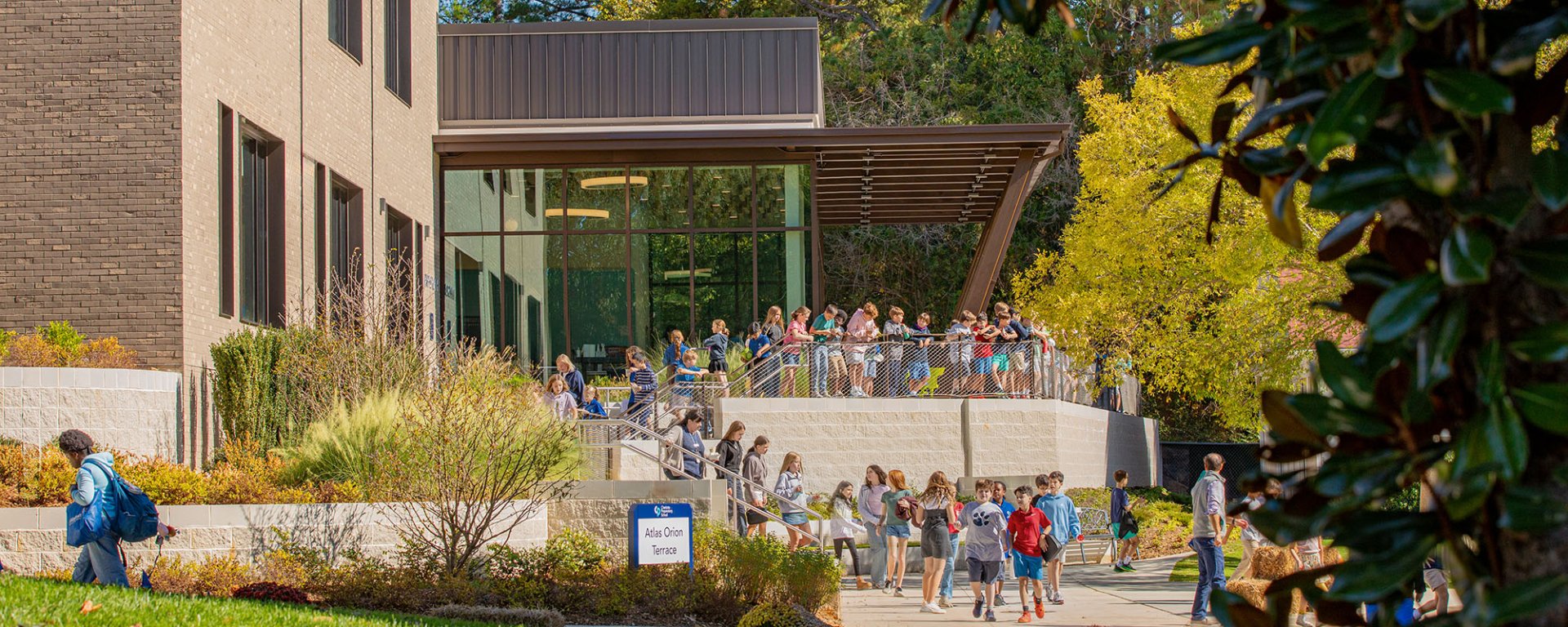Education, Change, and Continuity
March 1st, 2023
 We are living in a moment of great societal change, and schools are being rightly challenged to keep up with and reflect the times. This is one reason why we read so much about innovation in education. Making sure an education is relevant to the authentic needs of students and society is, without a doubt, important. Schools that innovate in thoughtful and mission-aligned ways will be stronger than those that do not. But we sometimes lose sight of another important aspect of education: to preserve what was.
We are living in a moment of great societal change, and schools are being rightly challenged to keep up with and reflect the times. This is one reason why we read so much about innovation in education. Making sure an education is relevant to the authentic needs of students and society is, without a doubt, important. Schools that innovate in thoughtful and mission-aligned ways will be stronger than those that do not. But we sometimes lose sight of another important aspect of education: to preserve what was.
Educators help students understand the past. We preserve culture and nurture continuity from one generation to the next and ensure the ideas, events, and values of the past are known and evaluated. This is important for our society - and for the individual student. It is easier to make sense of what is happening now when we can place it in a historical context. And we can better understand our own lives when we know about those who came before us. These personal and historical comparisons often find greatest expression in the humanities, where the human experience is preserved and, because of schools, transmitted. The humanities essentially tell the human story, and preserving and conveying this story is one of the primary aims of a good education.
While innovative approaches to teaching and learning have their own power and place in education and our society, we must remember the importance of looking back and conserving what was. This is one of the most important jobs of educators, and it is often found in the teaching and celebration of the humanities. And in times of great change, like our current age, knowing where we came from and understanding the arc of the human story is critical to ensuring this story develops in a positive and empowering manner.
More News from Charlotte Prep
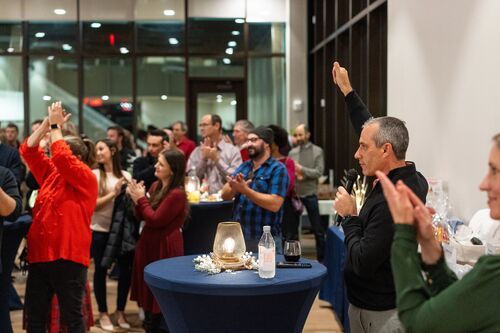 Dec11School Spirit on Full Display
Dec11School Spirit on Full DisplayThe sprint to the holidays has offered many joyful opportunities to strengthen connection and deepen community among our students, families, and staff.
See Details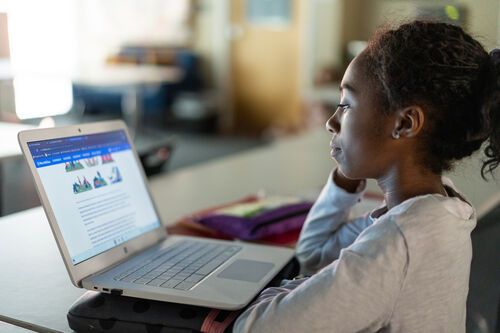 Nov20Managing Your Child's Screen Time
Nov20Managing Your Child's Screen Time There is more than one way to raise a healthy child, either with or without devices. But you must stay connected to what you value, even when it isn’t convenient.
See Details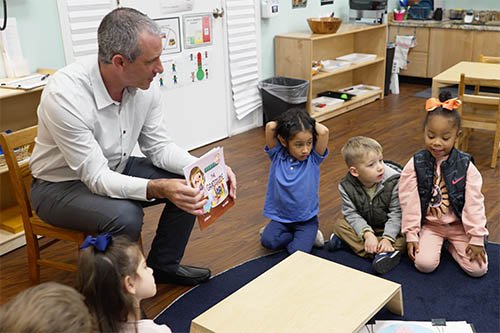 Nov11A Season for Gratitude
Nov11A Season for GratitudeAs we welcome this season of giving thanks and giving back, I couldn’t help but draw parallels between the themes The Gratitude Jar and our mission at Charlotte Prep.
See Details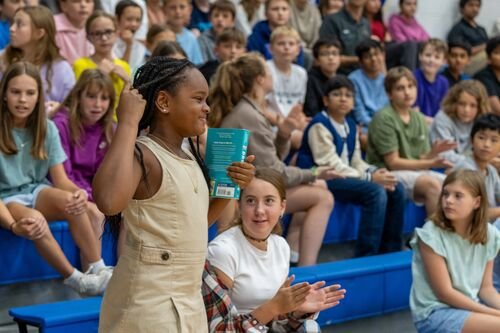 Oct30Binding a Community of Readers
Oct30Binding a Community of ReadersReading for pleasure is one of the most powerful habits a middle school student can develop. It strengthens stamina, builds vocabulary, and deepens comprehension, but more importantly, it opens hearts and minds.
See Details

